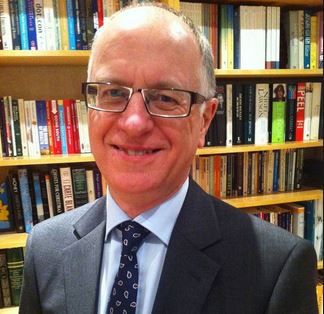The Institute for Public Policy Research has urged the Bank of England to keep the benchmark interest rate at its record low of 0.5% throughout 2015 to prevent the country from sliding into a deflationary spiral.
The left-of-centre think tank urged Mark Carney, the Governor of the Bank of England (BoE), to “freeze, don’t squeeze” in order to protect household living standards.
When he first joined the UK’s central bank in 2015, Mr. Carney had said he expected to leave interest rates where they were until unemployment dipped below 7%. This figure was later changed because the expected inflationary pressures from wage increases never came, despite declining unemployment, i.e. unemployment fell but wages hardly rose.
Tony Dolphin, chief economist at the IPPR, said he saw no reason to raise interest rates in 2015, even though unemployment has now fallen to 6%. Oil prices are declining and wage growth is still very sluggish, he explained.
There are no inflationary pressures on the British economy, says Mr. Dolphin.
With the two main political parties committed to reducing public expenditure, the greatest risk to the economy is stagnation and deflation caused by raising interest rates, Mr. Dolphin said.
In the website Left Foot Forward, Mr. Dolphin said:
“The more likely outcome in 2015 is that low headline inflation rates serve to lock in very low inflation expectations. And the risks appear to be tilted more in favour of deflation, which could be devastating for an economy with high levels of debt, rather than a surge in inflation.”
Mr. Dolphin stressed that there is no compelling reason to tighten both monetary and fiscal policy at the same time.
Even though nobody can be sure which path fiscal policy will take in 2015-2016 until May’s general election has passed, Mr. Dolphin does not believe either party will deviate significantly from the course the Chancellor George Osborne set out in his Autumn Statement. This suggests there will be a significant tightening of fiscal policy, which will dampen demand and undermine growth.
Mr Dolphin said:
“Low wage and price inflation appear to be the more likely outcome and when they are combined with the likelihood of a significant tightening of fiscal policy over the next two years, the case for keeping interest rates at their current level look compelling.”
As low prices are likely to stay for a while, even strong GDP growth of about 3% is unlikely fuel inflation, says Mr. Dolphin. The record-low interest rates that have existed since 2009 should continue as they are, he emphasized.


